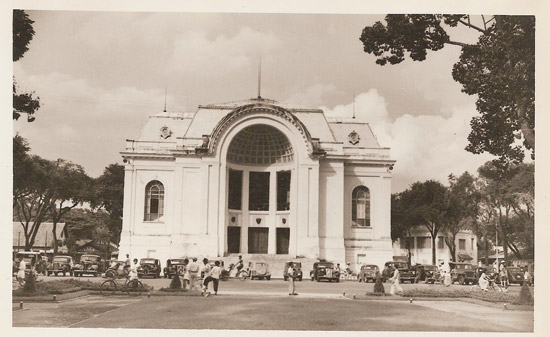(No.6, Vol.3, July 2013 Vietnam Heritage Magazine)
Colourful cave is world’s longest
vietnamnews.vn, 28 May
Stretching an impressive 20km, Khe Ry Cave in Quang Binh Province’s Phong Nha – Ke Bang Complex has been officially declared the world’s longest river cave late May.
The announcement was made by Howard Limbert, who has led experts from the British Caving Association on a study project lasting several years.
Surrounded by the huge limestone walls, Khe Ry Cave was discovered in 1997. At that time, Limbert’s team only discovered a 13.5km part of the cave. In subsequent years, the expedition continued exploration and mapping of the cave, concluding that the total length reaches over 20km.
The cave ceiling is 120m high, allowing boats to pass comfortably through several stages. The experts described Khe Ry as a world of colourful stalactites in many different shapes and sizes.
It’s a people-eat-dog world
edition.cnn.com, 3 June
Packed tight into wire baskets – sometimes 20 or more to a cage – as many as 200,000 live dogs are smuggled from northeast Thailand across the Mekong River each year, destined for restaurants in Vietnam, according to animal rights activists.
Dehydrated, stressed, some even dying of suffocation on the trip, the dogs are often stacked 1,000 to a truck on a journey that lasts for days.
A common belief is that stress and fear releases hormones that improve the taste of the meat, so the dogs are placed in stress cages that restrict their movement.
Eventually, the dogs are either bludgeoned to death or have their throats cut in front of other dogs who are awaiting the same fate. In some cases, they’ve been known to be skinned alive.
A dog in Thailand can fetch up to $10. This figure jumps to around $60 once they are served up in restaurants in Vietnam.
Do you hear the people sing?
english.vietnamnet.vn, 6 June
In June, National Assembly deputies discussed changing the words of the National Anthem. It is proposed that the words ‘The path to glory is built with the bodies of our enemies’, be altered.
A deputy proposed to revise Clause 3, Article 13 as ‘The National Anthem of the Socialist Republic of Vietnam is based on Van Cao’s ‘Tien Quan Ca’.
Previously, some deputies said that the lyrics of ‘Tien Quan Ca’ by composer Van Cao expressed the pride of revolution, but it is no longer appropriate in this period of peace and development.
The Vietnam National Anthem was compiled by late composer Van Cao in 1944 with the original name ‘Tien Quan Ca’ (Marching Song). The song was selected by the first National Assembly of Vietnam Democratic Republic as the national anthem in 1946, after asking Van Cao to change some minor details.
Musician Pho Duc Phuong, Deputy Director of the Vietnam Music Copyright Protection Center, said that the national anthem is a symbol of history and it is unnecessary to change the lyrics. ‘The National Anthem is a symbol of the history and it does not function to reflect the reality of life,’ he said.
Music critic Nguyen Thuy Kha said: ‘The National Anthem became a symbol of the historical period, the lyrics were associated with age and it cannot be easily changed. In fact, there are national anthems with more ‘horrible’ words like the anthem of France, ‘The Song of Marseille,’ but they still keep it.’


